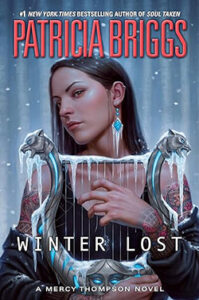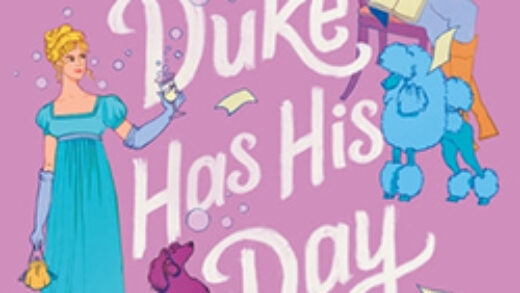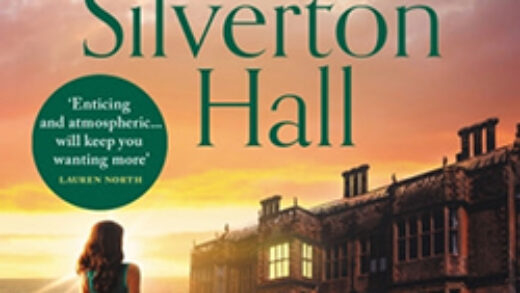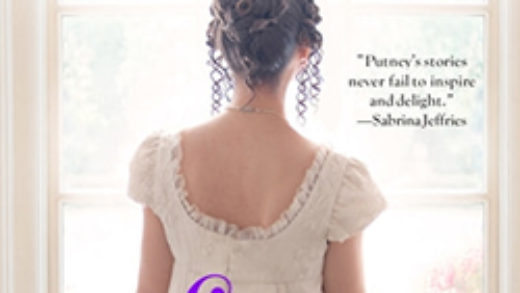
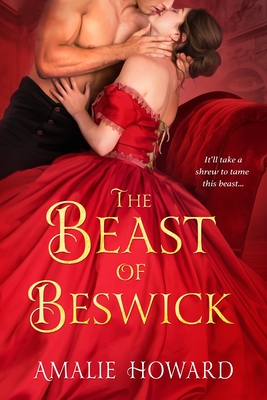
Everleigh Sisters #1
“I’m not the one walking around with a fowl in his trousers.”
Astrid Harte
Beauty and the Beast is my favorite fairytale, because it is the one where the couple’s love doesn’t happen at first sight. I am always interested in reading an author’s take on the classic tale and how they see the couple coming together. I read several glowing recommendations for this book and was excited to give it a try. Unfortunately, my only thought as I closed the book was, “What a waste of potential.”
The premise is intriguing and sounds like a different, unique take on the tale. A scarred Waterloo veteran that was betrayed to the French by a comrade hides from society on his estate and takes out his temper on his father’s extensive collection of Ming porcelain. A beautiful orphan tries to protect her younger sister from their money-hungry aunt and uncle and the suitor who ruined her reputation in polite society a decade before. She turns to the only peer in the area powerful enough to protect them, even if it means offering herself to the Beast.
The interactions between the primary ensemble are what I like the best about the book. I especially enjoy the relationship between Thane and his staff. While they are more outspoken than typical servants, they know that Thane will never turn them out despite his gruff blustering. His aunt, Mabel, also stands by him and refuses to be cowed by his anger or tantrums. When they are on good terms, the bantering between Thane and Astrid is quite comical. Astrid and her sister, Isobel, clearly love each other and want to do what’s best for one another, even when they don’t agree on a course of action.
Sadly, there are many issues with the book that bog it down and make it unenjoyable.
With many external issues available, the tale could have Thane and Astrid coming together to fight against their common or now shared enemies finding love along the way. Instead, the tired, old trope of viciously pushing the other away to protect themselves is used to the point of wanting Astrid to walk away because it’s happened so many times. Thane continuously calls himself a monster, and he resists any effort to tell him otherwise.
The book is also plagued by vanishing plot points. One example is the changing situation with Astrid’s majority when she will come into her inheritance. In the first chapter, it is a year away from her majority. Later, in the same scene, it’s months away. Then when there is a confrontation with her uncle sometime later, she’s reached her majority without any note of it’s passing even though she stated earlier in the day that she hadn’t come into her inheritance. I had to go back and re-read the previous pages to see if I missed it. That is just one example of items that seem essential to the story and could have made excellent points of the couple working together that disappear, reappear, and change at random.
While a smaller issue, in the long run, the historical inaccuracies when it came to Astrid’s clothing kept jarring me out of the story. When a period is as favored for romance fiction as the Regency, there is an expectation that an author is aware of what would be acceptable in polite society, whether clothing, conduct, or other factors. Darker colors and a tighter fit did not begin to come back into fashion until the late 1820s, at least six years after this story setting, and Regency undergarments would not allow for a low cut back to a dress. Beyond that, tight corsets to the point of having trouble breathing would not come back into style until the Victorian era, which began in 1837.
Lastly, modern jargon is used throughout the story, especially about women’s rights. Astrid is in a very vulnerable position at the beginning of the book and the correct person to bring this subject up. But whining about equality is frustrating when the main couple never carries through with it. Even the final coup de’ grace against the villain is entirely one-sided. This annoyance only deepens when the mentor-like “liberated” woman shows no inclination for using her power to affect politics, serve as a patron for aspiring women, or any other type of leadership role which, while eccentric, was not unheard of in the period. Instead, she beds the footmen and indulges in naughty needlework.
The Beast of Beswick had real potential. I wish that it had lived up to it.



